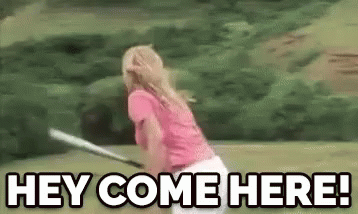AwkwardlySet
Literotica Guru
- Joined
- Jul 24, 2022
- Posts
- 2,321
This is something that often crosses my mind when I take a look at some Lit stories, or when I start reading some mainstream novel. I am certain that before I started to write, before I realized I could do it myself, before I understood the process, I was cutting a lot more slack to various authors. I mean, I would often see something that hadn't been done right; I would see that some plot was thin, that some characters were weak and undeveloped, that some worldbuilding was lazy and superficial, but I was always telling myself that I shouldn't be so spoiled and that writing was hard, even when it hadn't been done perfectly.
Good old days. Now, I simply cringe when I see it in mainstream novels or Lit stories. It has spoiled my view of some stories and novels I had previously enjoyed. I think it has also enhanced my enjoyment of the stories and books where those things were done exceptionally well. Last but not least, it has changed my opinion of the first stories I have written. I remember feeling quite proud when I first wrote them. When I go through them now, I often find things that go beyond the grammar issues I knew I had at the start. Clunky sentences, too much exposition, too much detail, problematic pacing... The ideas and certain moments still look good to me but there are things that spoil the experience considerably.
Did the same happen to you as well? Did writing and, let's say, a better understanding of the story-creation process and its nuances, change your perspective and enjoyment of other stories?
Good old days. Now, I simply cringe when I see it in mainstream novels or Lit stories. It has spoiled my view of some stories and novels I had previously enjoyed. I think it has also enhanced my enjoyment of the stories and books where those things were done exceptionally well. Last but not least, it has changed my opinion of the first stories I have written. I remember feeling quite proud when I first wrote them. When I go through them now, I often find things that go beyond the grammar issues I knew I had at the start. Clunky sentences, too much exposition, too much detail, problematic pacing... The ideas and certain moments still look good to me but there are things that spoil the experience considerably.
Did the same happen to you as well? Did writing and, let's say, a better understanding of the story-creation process and its nuances, change your perspective and enjoyment of other stories?
